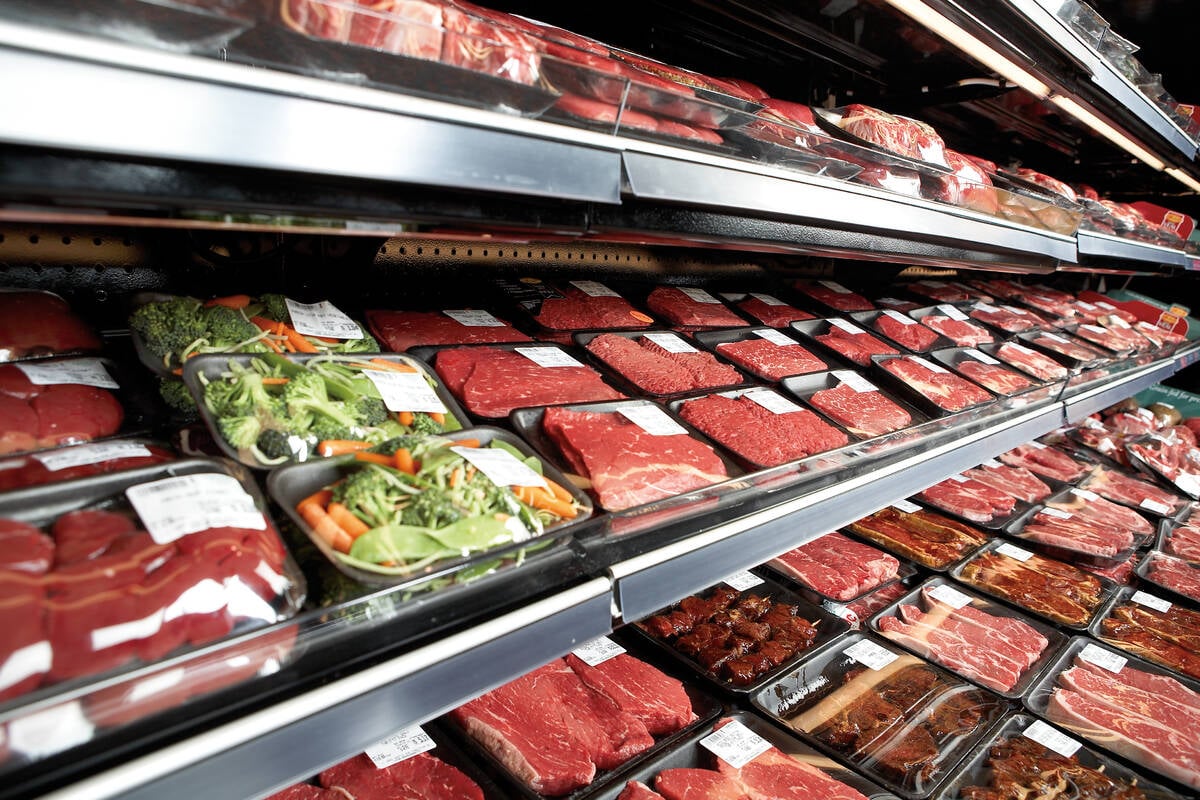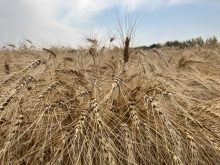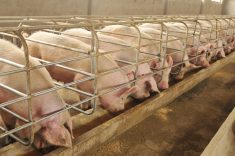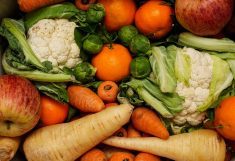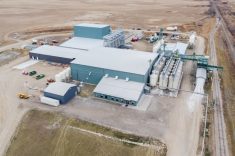WINNIPEG – A study from McMaster University in Hamilton, Ont. has found that meat consumption doesn’t increase the risk of death.
That finding is based on an epidemiology study, where McMaster researchers looked at the dietary habits of 15,937 American adults and their intake of plant protein and meat.
Eating meat does not increase the likelihood of dying from cancer or heart disease, the researchers found.
Read Also

Stacking Canada up on gene editing livestock
Canada may want to gauge how Argentina and other countries have approached gene editing in livestock and what that has meant for local innovation.
“Our data do not support the thesis that source-specific protein (meat) intake is associated with greater mortality risk,” says the study, which was published in the journal Applied Physiology, Nutrition and Metabolism this summer.
The researchers found no associations between total protein, animal protein or plant protein and risk of death from any cause, cardiovascular disease, or cancer. Both animal protein and plant protein are good for human health, they said.
“There’s a lot of confusion around protein — how much to eat, what kind and what it means for long-term health. This study adds clarity, which is important for anyone trying to make informed, evidence-based decisions about what they eat,” said Stuart Phillips, professor and chair of the Department of Kinesiology at McMaster, who supervised the research.
Phillips and other scientists looked at protein intake data for nearly 16,000 American adults, from 1988 to 1994, and what that meant for mortality in 2006.
The data came from the National Center for Health Statistics, which conducts the United States National Health and Nutrition Examination Survey (NHANES).
“(The survey) collects data about the health of adults and children in the United States,” says the NHANES webpage on the U.S. Centers for Disease Control and Prevention website. “We also collect data about what participants eat, drink and take as supplements to determine how many nutrients are in their diet.”
The lead scientist behind the study was Yanni Papanikolaou. He’s the president of Nutritional Strategies, a consultancy in Paris, Ont. that provides services to food and beverage companies and industry associations.
The research was funded by the National Cattlemen’s Beef Association, an American organization.
“(The) NCBA was not involved in the study design, data collection and analysis or publication of the findings,” says the McMaster press release.
Papanikolaou and the others behind the research said their findings are different from other scientists, who have also studied the consumption of plant protein and meat.
One such paper was published in 2020, by researchers from a university in Iran and Harvard University.
That paper concluded that consuming plant protein may reduce the risk of a cardiovascular death.
“Higher intake of total protein was associated with a lower risk of all cause mortality, and intake of plant protein was associated with a lower risk of all cause and cardiovascular disease mortality,” the study says.
“Replacement of foods high in animal protein with plant protein sources could be associated with longevity.”
Still, the scientists behind the McMaster paper say they used “gold standard” methods in their analysis. They don’t agree with the recommendation that eating plant protein, instead of meat, reduces the risk of death.
“When both observational data like this and clinical research are considered, it’s clear both animal and plant protein foods promote health and longevity,” Papanikolaou said.


